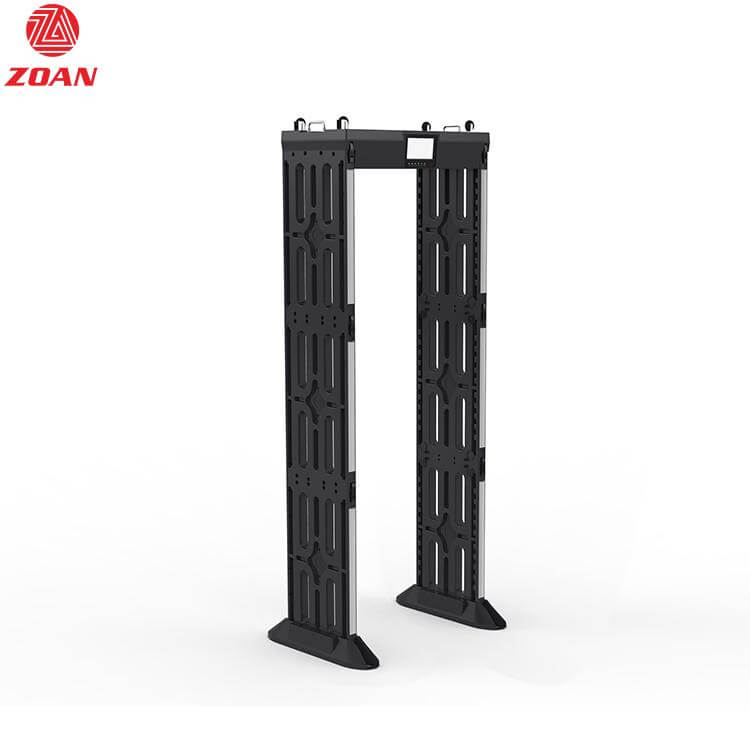
Precision Detection: Exploring the Technology Behind Our Metal Detectors

Metal detectors play a crucial role in various industries, from security checks at airports to mining operations and archaeological excavations. These devices utilize precision detection technology to accurately identify and locate metal objects. In this article, we will delve into the inner workings of metal detectors, exploring the advanced technology that enables them to perform their tasks with great accuracy and efficiency.
Metal detectors operate on the principle of electromagnetic induction. They consist of a transmitter coil that generates a magnetic field and a receiver coil that detects changes in the magnetic field caused by the presence of metal. When the receiver coil senses a change, it sends a signal to the control unit, which alerts the operator or activates a response mechanism.
The key to the accuracy and effectiveness of modern metal detectors lies in their advanced detection algorithms. These algorithms are capable of analyzing complex data patterns and distinguishing between various types of metal objects. By utilizing sophisticated signal processing techniques, metal detectors can filter out unwanted signals, such as background noise, and focus solely on the target object.
Another important advancement in metal detector technology is the implementation of multifrequency capabilities. Traditional metal detectors operate at a single frequency, making them less effective at detecting objects buried deep underground or obscured by interference. However, modern metal detectors can operate at multiple frequencies, which improves their ability to locate targets in challenging environments.
Accurately identifying the type of metal object is crucial in many applications. Metal detectors now incorporate advanced target identification and discrimination features, enabling them to differentiate between useful objects and common metallic items like coins or beverage cans. This capability allows operators to focus on the targets of interest and enhance productivity.
The field of precision detection is constantly evolving. Manufacturers are continuously developing innovative technologies to improve the performance, sensitivity, and ease of use of metal detectors. With advancements in materials, circuitry, and software algorithms, we can expect even more sophisticated and precise metal detection systems in the future.
Precision detection technology lies at the heart of modern metal detectors, enabling them to identify and locate metal objects with unparalleled accuracy. Through the utilization of advanced detection algorithms, multifrequency capabilities, and target identification features, these devices have revolutionized various industries. As technology continues to advance, we can anticipate further enhancements in metal detection systems, providing users with even greater precision and efficiency.
Previous
:Beyond Borders: The Global ImpNext
:Versatile Applications: How Meproduct category
Latest New
Can Explosive Trace Detectors Detect Residue on Metal, Fabric, and Electronics? Views all
ZA5000 AI Intelligence Metal Detector: Advanced Technology for Modern Security Needs Views all
How to Maintain and Calibrate Your X-Ray Security Scanner? Views all
How UVSS Systems Prevent Vehicle Threats and Enhance Facility Safety? Views all
How Do Walkthrough Security Gates Detect Concealed Items? Views all
How Does an Explosive Trace Detector Identify Tiny Residues of Explosives? Views all
Shenzhen Zoan Gaoke Electronics Co.,Ltd.
IPv6 network supported